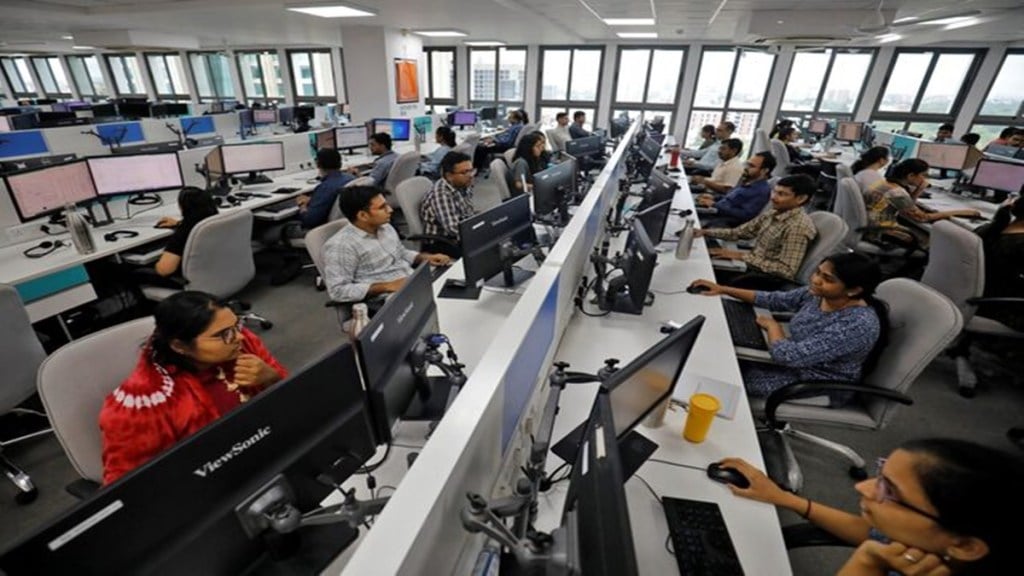Bengaluru, India’s renowned tech hub, has long been the go-to destination for IT professionals. Home to thousands of workers, many reside in cost-effective accommodations such as paying guest (PG) facilities or budget rental apartments. However, the city is now on the brink of one of its worst job crises, driven by mass layoffs in the IT sector and the rapid rise of artificial intelligence (AI) and automation, according to a report in Inshorts.
This crisis extends beyond tech professionals, threatening to disrupt Bengaluru’s housing market, real estate investments, and local businesses, posing a serious challenge to the city’s economic stability.
The report added that in the coming weeks and months, Bengaluru is expected to witness widespread layoffs in the IT industry, with lower-wage employees being the most vulnerable. These workers, who often live in the most affordable housing, are typically the first to lose their jobs when companies implement cost-cutting measures or shift to AI-driven automation.
With businesses looking to streamline expenses, entry-level programmers and software testers are being replaced by AI systems that can code, debug, and optimise software with greater efficiency at a fraction of the cost.
Housing market takes a hit
These layoffs will have an immediate effect on the PG accommodations and rental market in Bengaluru. PG facilities, often the most affordable option for junior IT employees, will see a sharp decline in demand, leading to financial strain on landlords and operators. Many property owners who invested heavily in rental real estate, banking on a steady influx of IT professionals, may now face falling occupancy rates and diminishing property values.
For real estate investors, especially those near the Outer Ring Road (ORR), a hotspot for tech parks and corporate offices, the situation is even more alarming. Many have poured crores of rupees into properties, expecting long-term rental returns from Bengaluru’s tech-driven economy.
However, with the growing wave of layoffs, the demand for affordable housing is likely to plummet, leaving investors with vacant properties and declining asset values.
One reason this impending crisis remains overlooked is the underestimation of AI’s rapid advancement and its ability to replace lower-level tech jobs. The industry is already witnessing AI tools performing tasks such as coding, debugging, and software testing with unmatched accuracy and efficiency.
Many tech workers fail to recognise that automation is not a distant threat—it is happening now, fundamentally reshaping the employment landscape.
